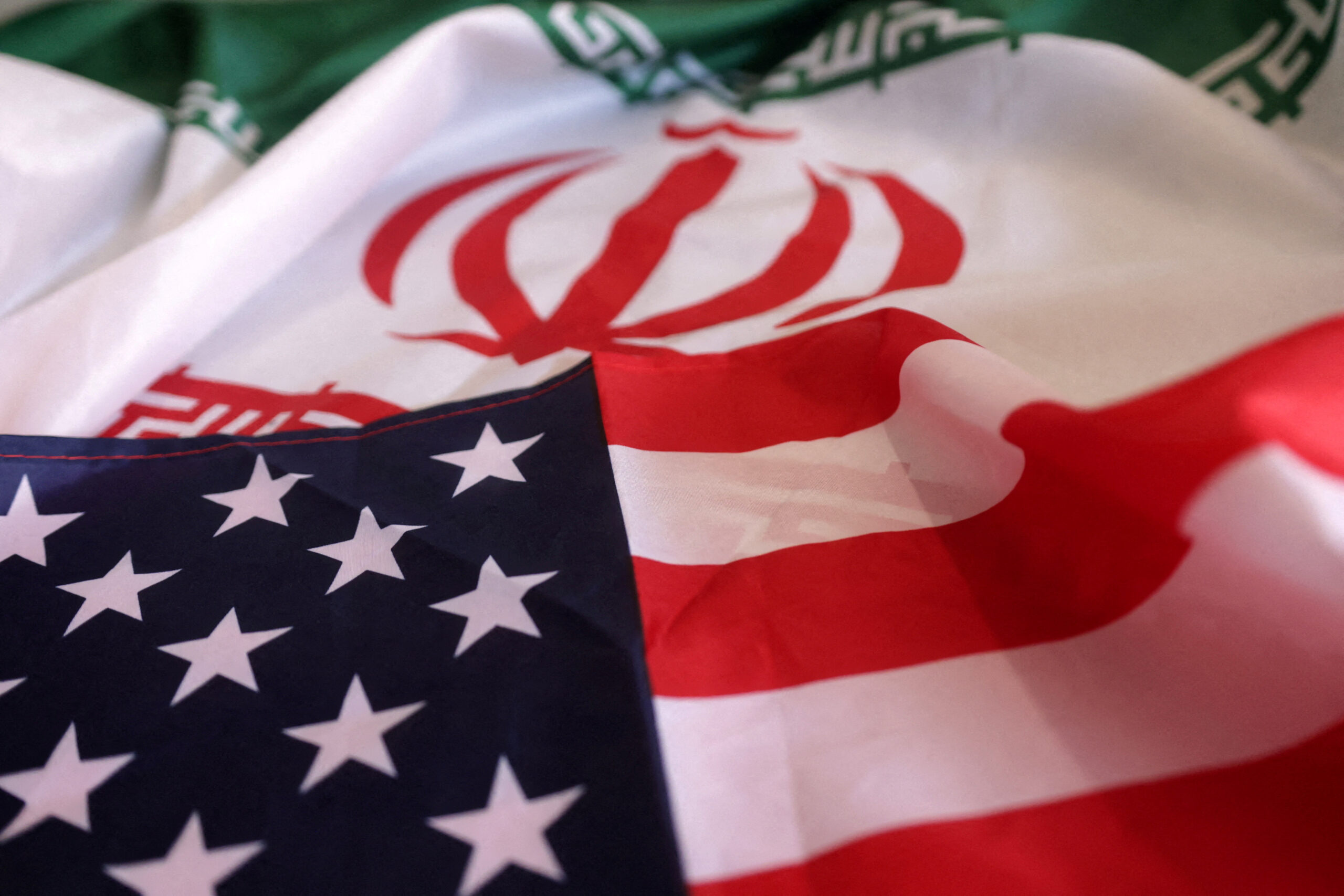Khalid Masood Khan
Natural resources are the materials and substances that are found in nature and can be used for economic and social purposes. They include renewable resources, such as water, air, soil, plants, animals, and solar energy, and non-renewable resources, such as fossil fuels, minerals, metals, and nuclear energy.
Natural resources are important for a country because they provide the basis for its economic development, social well-being, and environmental sustainability. Natural resources can be used to produce goods and services, generate income and employment, support livelihoods and food security, and enhance quality of life and human dignity. Natural resources can also be used to conserve and restore ecosystems, protect biodiversity and cultural heritage, and mitigate and adapt to climate change and natural disasters.
Pakistan is endowed with abundant and diverse natural resources, such as land, water, forests, wildlife, minerals, energy, and marine resources. However, Pakistan faces many challenges and constraints in utilizing its natural resources effectively and efficiently. Some of these challenges and constraints are:
- Poor governance and management of natural resources, resulting in corruption, inefficiency, wastage, and misallocation of resources.
- Lack of transparency and accountability in the use and distribution of natural resources, leading to inequity, injustice, and conflict among different stakeholders and regions.
- Inadequate investment in infrastructure and technology for the exploration, extraction, processing, and transportation of natural resources, causing low productivity, high costs, and environmental degradation.
- Low level of education and awareness among the public and the policymakers about the value and importance of natural resources, their potential and limitations, and their conservation and sustainable use.
- Weak legal and regulatory frameworks for the protection and regulation of natural resources, their ownership and rights, and their taxation and pricing, creating uncertainty, insecurity, and inefficiency in the natural resource sector.
- Limited public-private partnerships and collaboration for the development and management of natural resources, resulting in missed opportunities, duplication of efforts, and lack of innovation and competitiveness.
To overcome these challenges and constraints and to utilize its natural resources effectively, Pakistan needs to take the following measures:
- Promote good governance and management of natural resources, by enhancing the capacity, integrity, and performance of the institutions and agencies responsible for natural resources, ensuring participation and representation of all stakeholders and regions, and establishing clear and coherent policies and strategies for natural resource development and management.
- Enhance transparency and accountability in the use and distribution of natural resources, by improving the access and availability of information and data on natural resources, their status and trends, their allocation and utilization, and their benefits and costs, and by strengthening the mechanisms and platforms for monitoring and evaluation, reporting and disclosure, and grievance and redressal of natural resource issues and disputes.
- Increase investment in infrastructure and technology for the exploration, extraction, processing, and transportation of natural resources, by mobilizing and leveraging domestic and foreign resources, public and private sources, and conventional and innovative instruments, and by adopting and applying best practices and standards for the quality, efficiency, and environmental sustainability of natural resource infrastructure and technology.
- Improve education and awareness among the public and the policymakers about the value and importance of natural resources, their potential and limitations, and their conservation and sustainable use, by developing and implementing curricula and programs for formal and informal education and training, and by conducting and disseminating research and analysis on natural resource issues and opportunities.
- Strengthen legal and regulatory frameworks for the protection and regulation of natural resources, their ownership and rights, and their taxation and pricing, by reviewing and revising the existing laws and regulations, harmonizing them with the national and international norms and obligations, and enforcing them effectively and fairly.
- Promote public-private partnerships and collaboration for the development and management of natural resources, by creating and facilitating conducive and enabling environments and incentives for the engagement and participation of the private sector, civil society, academia, and other partners, and by fostering innovation and competitiveness in the natural resource sector.
In further detail, Pakistan is a country that is blessed with rich natural resources and has a great potential to utilize them for its development and prosperity. However, there are also many challenges and barriers that hinder the optimal use of these resources. Some of the strategies that can be proposed to overcome these challenges and enhance the utilization of natural resources in Pakistan are:
- Improving the governance and management of natural resources: Pakistan needs to improve its institutional and legal framework for the governance and management of natural resources, such as land, water, forests, minerals, and energy. This would involve strengthening the accountability, transparency, and participation of the stakeholders, ensuring the protection of the environment and human rights, and promoting the equitable and sustainable distribution of the benefits and costs of natural resource exploitation. For example, Pakistan can adopt and implement the Extractive Industries Transparency Initiative (EITI), which is a global standard for the disclosure of information on the revenues and expenditures of the extractive sector.
- Enhancing the value addition and diversification of natural resources: Pakistan needs to enhance the value addition and diversification of its natural resources, such as agriculture, livestock, fisheries, and mining. This would involve investing in research and development, innovation, and technology transfer, improving the quality and standards of the products and services, and expanding the domestic and international markets and trade opportunities. For example, Pakistan can develop and implement the National Agriculture Policy, which aims to increase the productivity, profitability, and competitiveness of the agriculture sector.
- Promoting the conservation and efficiency of natural resources: Pakistan needs to promote the conservation and efficiency of its natural resources, such as water, energy, and forests. This would involve adopting and enforcing the policies and regulations for the rational use and allocation of the resources, implementing the measures and practices for the reduction of waste and losses, and encouraging the adoption of renewable and alternative sources of energy. For example, Pakistan can implement the National Water Policy, which aims to ensure the water security and sustainability of the country.
These are some of the possible strategies that can be proposed to utilize the natural resources in Pakistan. However, these strategies require the political will, commitment, and cooperation of the government, the private sector, the civil society, and the international community. By working together, Pakistan can harness its natural resources for its socio-economic development and environmental protection.
Please, subscribe to the YouTube channel of Pakistan

















